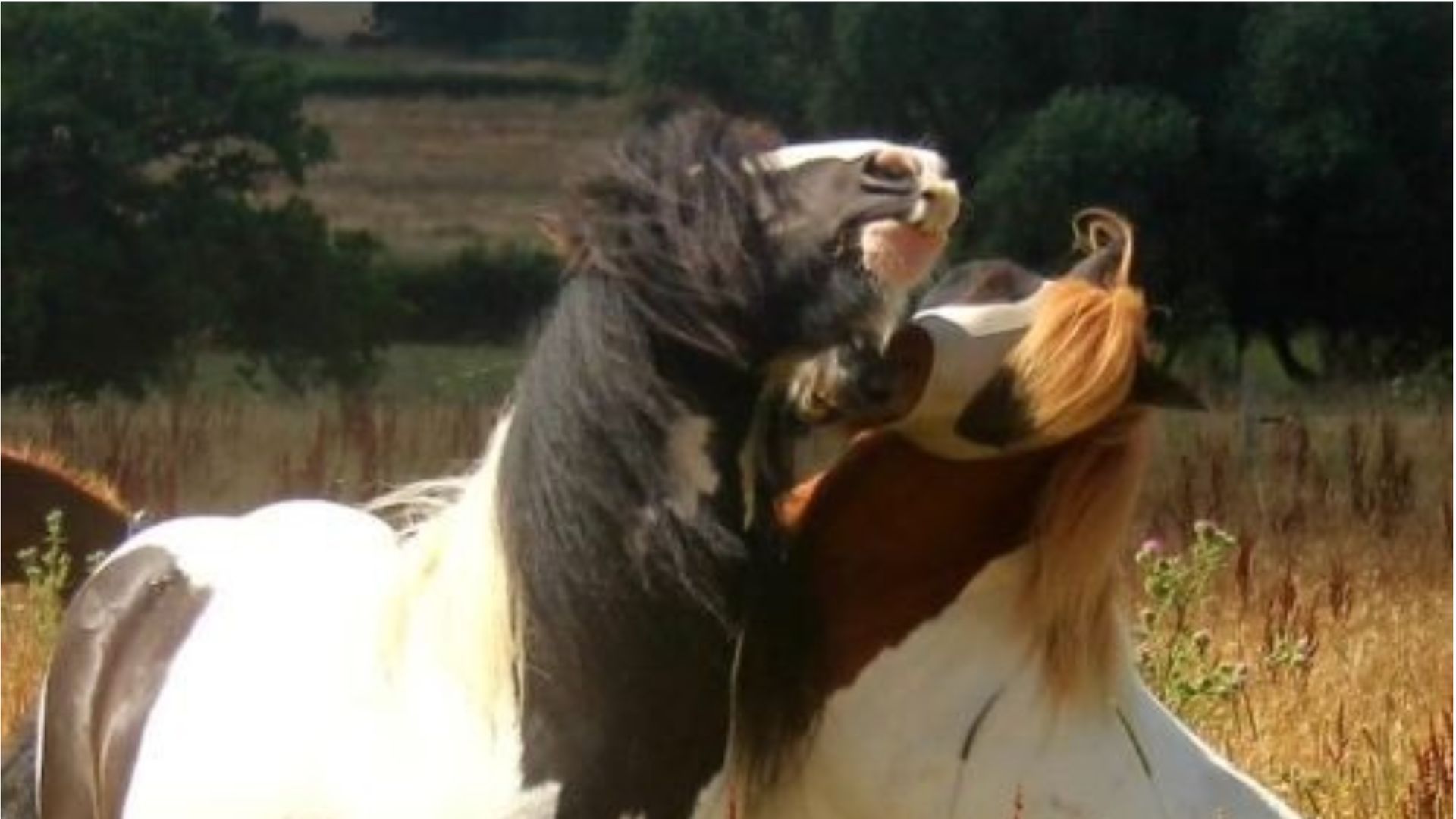Muscle Matters - what human protein research can teach us about equine muscle health
Support your horse’s muscle health, naturally
When we think of muscle, we tend to picture movement - galloping across fields, lifting hay bales, or in our horses' case, powering through a schooling session. But muscle is far more than strength and locomotion. In both humans and horses, muscle is central to health, vitality, and even longevity. And, as research from the Institute for Functional Medicine shows, one nutrient stands at the heart of muscle resilience: protein.
In a compelling seminar I attended last year, Dr. Donald Layman, a leading voice in protein metabolism, shared why muscle health deserves a starring role in any wellness plan - and how protein plays a foundational part. His human-focused insights are deeply relevant for equine wellbeing too. Here’s what we can learn.
The hidden powers of muscle
Muscle isn’t just about motion - it’s our metabolic engine. Dr. Layman explains that muscle health influences:
- Glucose and fat metabolism
- Cardiovascular strength and vascular health
- Mitochondrial efficiency (think energy production)
- Immune resilience and recovery
Sound familiar? In horses, muscle health impacts topline, stamina, metabolic flexibility, and even thermoregulation. A loss of lean mass isn’t just aesthetic - it’s a clue that deeper systems may be struggling.
Aging, illness, and muscle loss
As we (and our horses) age, maintaining muscle becomes harder. Dr. Layman describes this as a two-part challenge:
- Gradual lean mass loss with every decade (around 4%)
- "Catabolic crises" — sudden events like illness, injury, or stress that cause sharp muscle loss
Older horses recovering from box rest, laminitis, or chronic metabolic issues often struggle to regain muscle. It's a biology thing, and without targeted support, rebuilding lost tissue is near-impossible.
It’s not just about protein quantity…
...It’s about quality. Dr. Layman emphasized that it’s not the grams of protein that matter most, but the essential amino acids they provide - particularly leucine, threonine, methionine, and lysine.
Many commercial horse feeds tout high protein numbers but lack bioavailable amino acids. Bulk fillers, low-grade seed meals, and poor digestibility mean your horse could be eating protein without getting what they need to build and repair muscle.
The protein–carbohydrate balance
In humans, excess carbohydrates relative to protein can trigger metabolic dysfunction. Dr. Layman linked high-carb diets to insulin resistance, weight gain, and inflammation - especially with age.
Equine takeaway? Many modern feeds are carb-heavy and protein-poor. Horses prone to EMS, laminitis, or weight gain need not just fewer sugars, but better-quality protein to maintain lean mass and metabolic balance.
Timing matters too
One of Dr. Layman’s most compelling points was the impact of first-meal protein. After an overnight fast, the body is in a catabolic state. A protein-rich breakfast shifts it back into repair mode. For older adults, this window is crucial.
With horses, that morning bucket matters too, especially for aging or metabolically challenged horses. A protein-dense, low-starch morning feed can kickstart metabolism and support muscle retention.
Practical tips for equine protein support
🌿 Choose feeds with declared amino acid content (look for lysine, methionine, threonine)
🌿 Support digestion with herbal allies - bitter herbs and liver support can improve nutrient absorption
🌿 Consider spacing protein intake or targeting post-exercise recovery windows for feeding
🌿 Don’t forget the seniors - older horses often need more protein, not less, due to ‘anabolic resistance’ (where the body's tissues, particularly skeletal muscle, become less responsive to stimuli that would normally trigger the anabolic processes, such as muscle protein synthesis)
The bottom line?
Protein is more than a building block - it’s a metabolic maestro. Whether you’re managing an aging companion, supporting a rehab case, or simply optimising your horse’s long-term health, the right protein strategy can make all the difference.
Let’s move beyond numbers on a feed bag and start feeding for function. Muscle matters - and now we know why.











